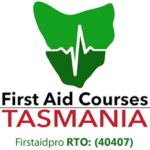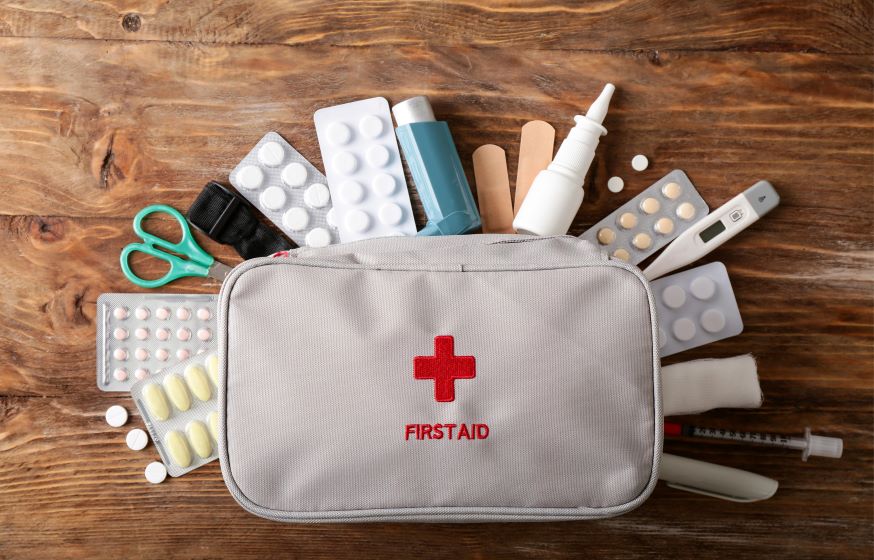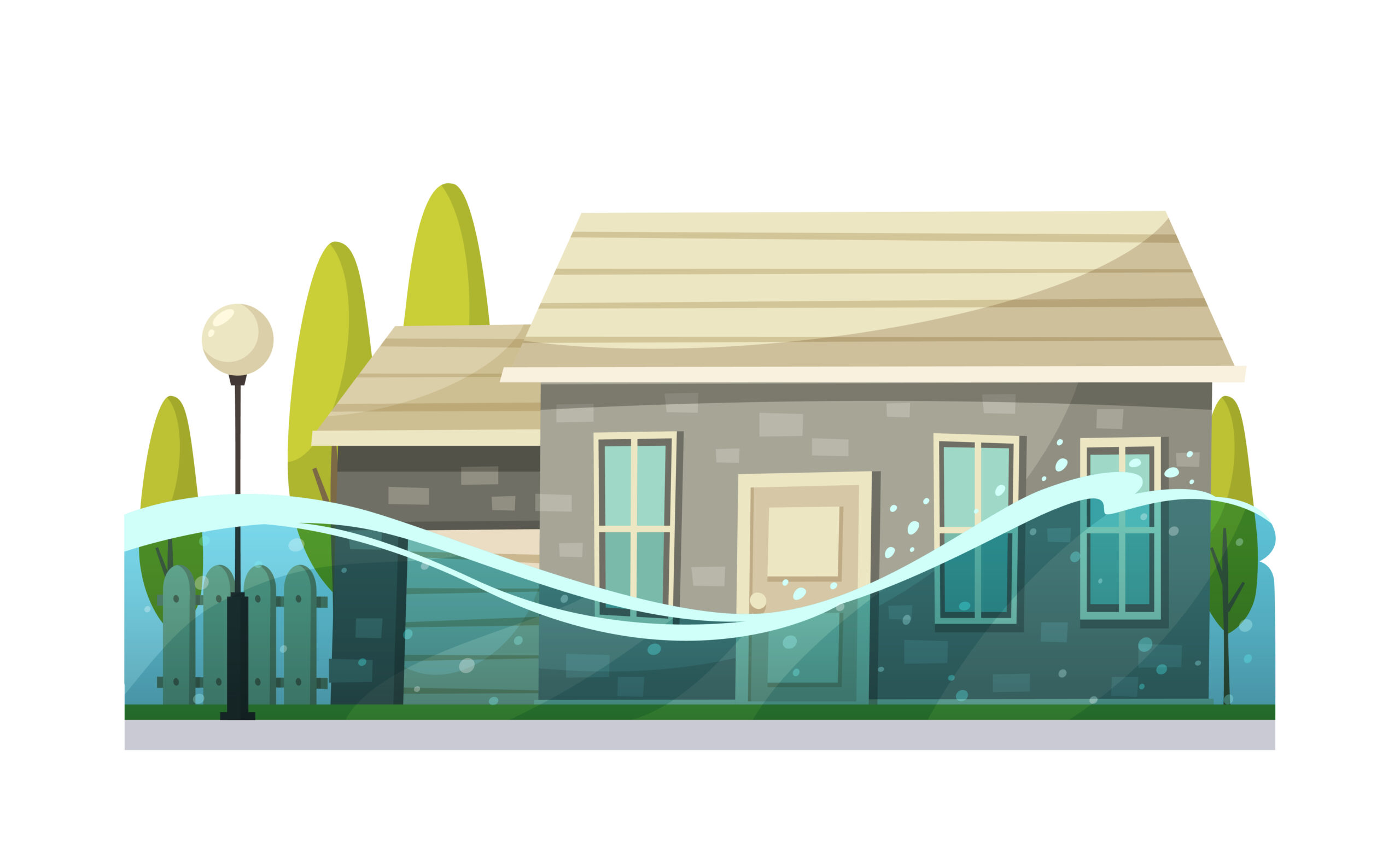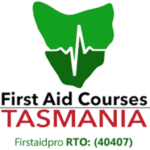Playing sports increases a person’s risk of falls and collisions, which results in concussions.
A concussion is a type of mild traumatic brain injury (TBI) that occurs in a wide range of sporting activities. When it happens, it can significantly impact all athletes – from professional athletes to little leaguers.
In this blog, get the facts about concussions in sports, as well as how to keep yourself and others safe from this type of brain injury.
Sports Concussions In Australia
A concussion is a type of TBI caused by a bump, blow, or jolt to the head or body.
In Australia, more than 3,000 athletes are hospitalised after suffering concussions just from playing sports. The injury has been a growing concern in the country and worldwide for its potential health effects on athletes.
It can lead to various health issues, including persistent headaches, dizziness, slurred speech, and problems with memory or thinking. In rare cases, it can lead to swelling and bleeding in the brain and, worse, become fatal.
A common cause of concussion is trauma while playing professional or recreational sports. These include but are not limited to soccer, football, and hockey.
The brain is a soft, spongy mass of nerve cells and tissues. The body protects it by cushioning it in cerebrospinal fluid and a hard skull. Because this organ only floats in fluid, it can move around and even bang against the skull during a sudden bump or blow to the head.
A fall or collision during a sporting activity can make the brain bang against the skull. It can cause bruises within the brain, tear blood vessels, and injure nerves. These eventually lead to concussion or temporary loss of normal brain function.
If addressed and treated appropriately, most symptoms from the injury can resolve spontaneously.
Signs And Symptoms
When playing sports and you bang your head accidentally, be alert for signs of a concussion. The symptoms may not appear immediately and can take a couple of days to become obvious.
Watch out for the following symptoms:
- Headache
- Dizziness
- Feeling sick or throwing up
- Difficulty with coordination or balance
- Blurred vision
- Slurred speech
- Difficulty concentrating, thinking, or making decisions
- Feeling anxious or irritable for no apparent reason
- Feeling sad or more emotional than usual
First Aid For Concussions
Sometimes, it is unclear whether a head injury has resulted in a concussion. To be safe, assume that the injury has taken place.
The initial action is to remove the player from the field and stop the physical activity immediately. Then, someone who is trained in first aid response can carry out an assessment of the injury. If at some point they lose consciousness, take them to the hospital for a full assessment. The doctor may refer to a brain scan to check for bleeding or severe bruising within the brain or skull.
While waiting for emergency services, follow the principles of DR ABC – Danger, Response, Airway, Breathing, and Circulation.
- Danger – ensure that the victim is not exposed to any further danger.
- Response – check if the victim is conscious or responsive,
- Airway – ensure that airway is clear and in the optimised position.
- Breathing – ensure that the person is able to breathe sufficiently.
- Circulation – perform CPR if the patient has no pulse or breathing.
After following the DR ABC stages, conduct a further assessment for other injuries, such as in the neck and spinal area.
If a neck or spinal injury is suspected, do not move the person until you immobilise them in a brace.
Conclusion
Playing sports has many benefits, including keeping us fit and healthy and promoting healthy social interaction with others.
However, like other things in life, accidents and injuries can occur – with head injuries commonplace in contact sports such as football, hockey, and many others.
It is important for everyone who participates in sporting activities to know the risks involved before playing. They should also learn first aid to care for concussions and other sports-related emergencies.
Learn more health and safety tips in sports by enrolling in a first aid course.








